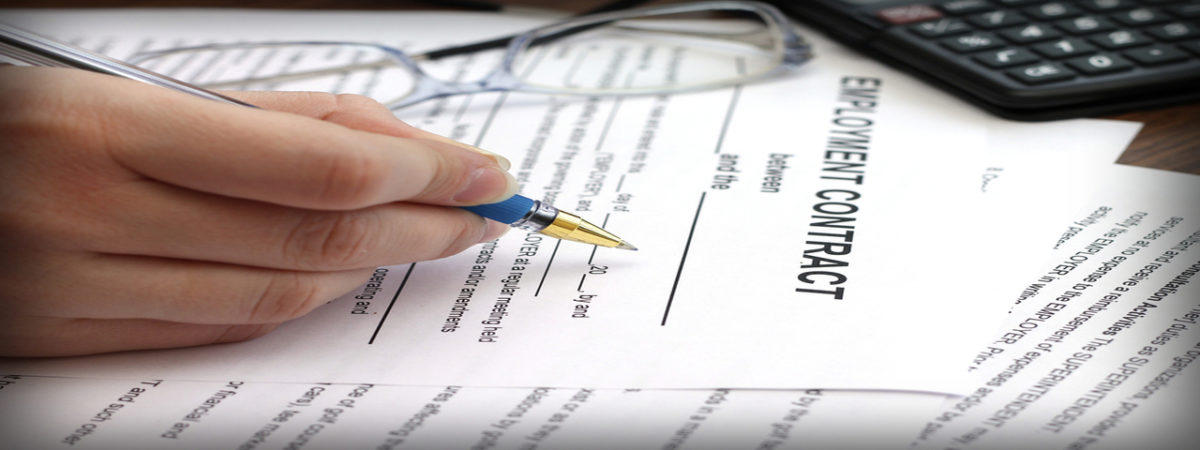Leaving the Customs Union must be a red line for Britain
SUGGESTED



With the Prime Minister lacking authority, it should not surprise us to see reports last week of Britain seeking continued EU Customs Union membership.
Theresa May has since denied it. Her Lancaster House speech, after all, said Britain wanted to exit the EU’s common external tariff, and to be able to negotiate its own third-party trade deals. It cannot achieve either within the Customs Union.
But fears linger that the government is set to give up the part of leaving the EU that could bring the largest long-term gains. This would be an economic and political disaster for the Prime Minister, who would be forced out by Brexiteers if indeed it manifested itself as her government’s ambition.
Where exactly has this prevaricating on the Customs Union come from? Not one Brexit group or faction advocated remaining within it.
It is true that a small band of Brexiteers, variously self-described as “Flexiteers” or “Liberal Leavers,” wanted Single Market membership for a lengthy transition. But that was primarily about regulatory issues. They were naive about Britain’s ability to strike extensive service-sector trade deals without directly controlling regulations, but even they thought that exiting the Customs Union for goods brought net benefits.
Indeed, the success of Iceland in signing a trade deal with China was regularly heralded as an example of the future flexibility Britain could enjoy.
The basic trade-off with the Customs Union has always been this: membership allows tariff-free and relatively frictionless trade in goods between member countries, without the need for complex administrative checks. But what you give up for this is an independent trade policy with third parties and the ability to set your own tariffs on goods imported from outside the union.
It should not surprise us then that vested interests in the form of the CBI want us to remain. By definition, large profitable companies are doing well out of the status quo.
Carmakers would be particularly disrupted by leaving. Even if the UK and EU agreed the free trade deal that May desires, if Britain were to export cars to the EU containing parts made in China, they would face the 10 per cent tariff unless they passed complex “rules of origin” tests.
Yet governments should not set policy according to narrow industrial interests.
The downsides to Customs Union membership are large. The common external tariff currently imposes over 12,500 tariffs on the UK’s behalf.
The process by which these are decided is shrouded in mystery. Some are downright bizarre. But in many cases vast producer capture seems at play. Last year, for example, it was well-documented how Spanish orange producers successfully lobbied for an increase in orange tariffs.
It is British consumers who bear the economic costs of these tariffs.
Not only directly, through higher prices – although by substantially raising the cost of food, clothes, and manufactured goods above world prices, they have a particularly egregious regressive effect. Protectionism also insulates inefficient firms from global competition, meaning resources are not directed to their most efficient use, making the UK economy less productive and dynamic overall.
Customs Union membership prevents us from unilaterally freeing trade by cutting or abolishing tariffs. As such, it sacrifices consumer welfare for producer interests.
But it also would prevent us from achieving the benefits of free trade through another route: securing free trade deals with other countries. Indeed, it would undercut the main reason for having set up a Department for International Trade.
It would make a mockery of May’s claim to want a “Global Britain” to be a leader in free trade if she knowingly closed off both main routes to achieving this.
Free-marketeers, whether they were initially Leavers or Remainers, should not tolerate a Brexit approach which gave up the possibility of a revived, independent free trade agenda, no matter how much vested interests in the business community backed her.
It is said that the cabinet will soon thrash out finalising their ambitions for what post-Brexit Britain will look like.
The Prime Minister therefore has a choice. Embrace a free-market outlook, and articulate a vision that will have consumer welfare at its centre, or back the establishment position that no Brexiteers supported and which goes against everything she said she wanted an independent Britain to achieve.
Crunch time is coming. For the Prime Minister and the country’s sakes, let us hope she makes the right decision.
This article was first published in City AM.
2 thoughts on “Leaving the Customs Union must be a red line for Britain”
Comments are closed.





The article confirms everything that I have experienced in my career within the energy markets and others but can be esoteric or worse for people who work in Industries threatened or cannot see how the benefits will flow down to them.
Leaving the Customs Union would make sense if the government was prepared to follow a radical free trade policy by unilaterally reducing or eliminating tariffs. However, there’s no indication that it will do so. Such a ‘sink or swim’ approach to manufacturing and farming would be high risk, especially for a minority government that relies on votes from rural areas. It would be opposed by many Conservative MPs and party members and is unlikely to get through Parliament unless the government can win another election with a large majority.
So then the calculation becomes whether it’s worth complicating trade with our leading and closest trading partners, possibly undermining peace in Ireland and complicating our attempts to maintain trading deals already in place by the EU beyond Europe. This would in hope of compensating for the losses at some point in future by agreeing better deals around the world than the EU can, even though we have less to bargain with.